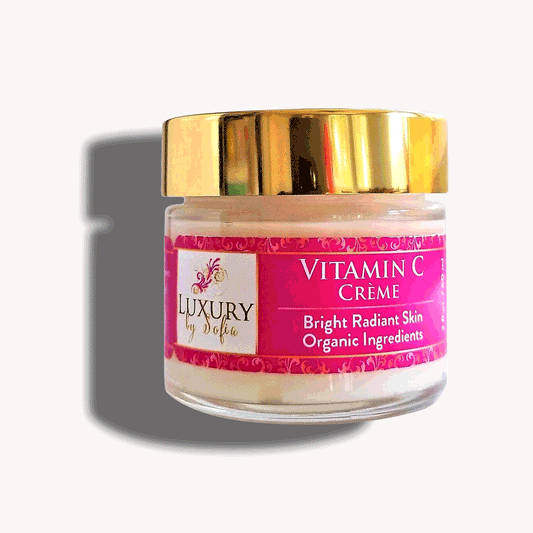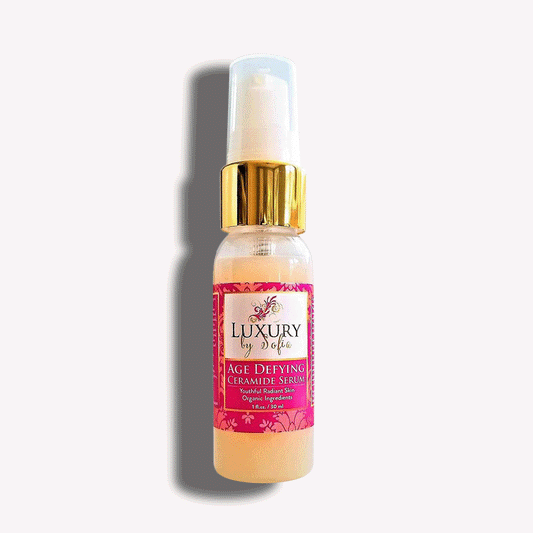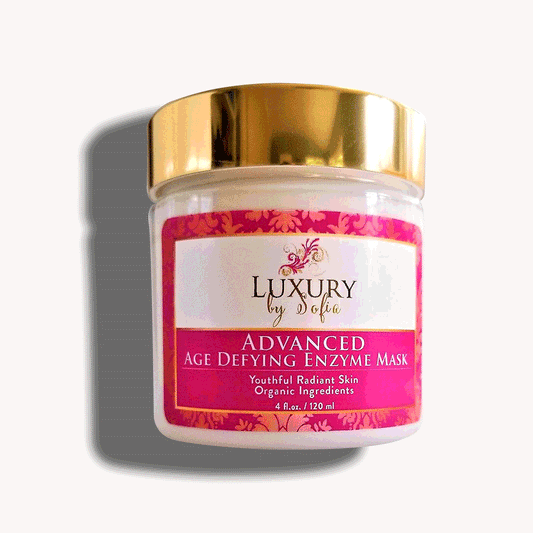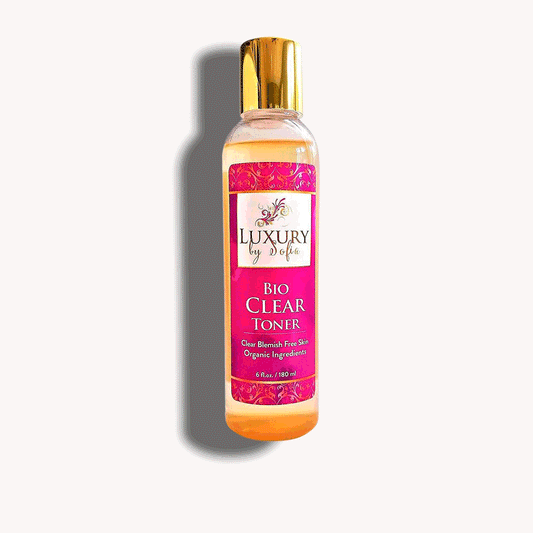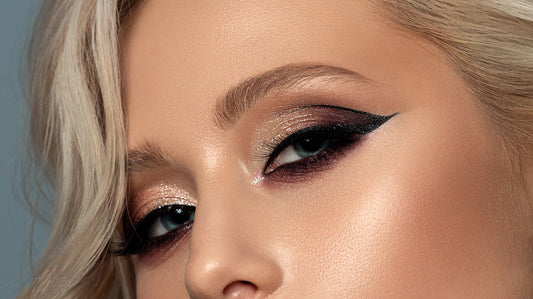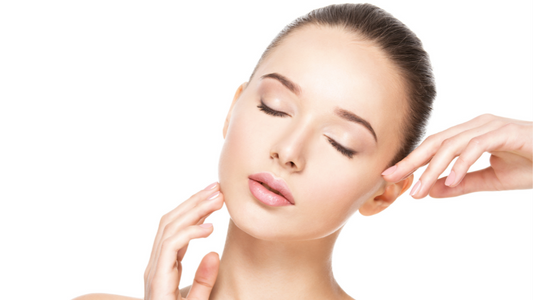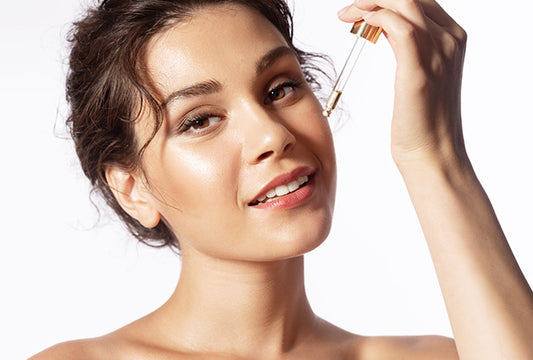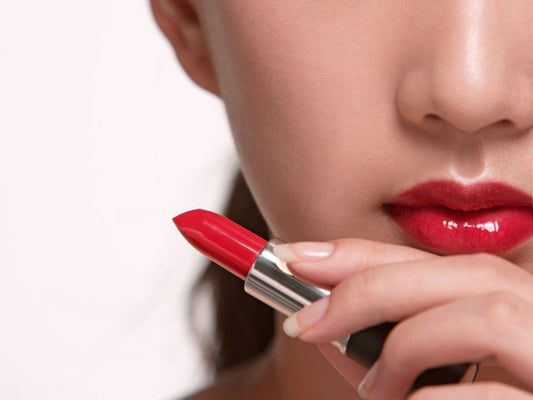The world of skincare is filled with a lot of buzzwords, but they all boil down to one thing: your skin needs certain kinds of ingredients in order to stay healthy and beautiful. Understanding which ingredients are best for your skin type is key to unlocking the science behind skincare and using it more effectively. Here’s what you need to know about the different types of ingredients out there!
Organic Vs Inorganic Ingredients
Organic ingredients are derived from plants, minerals and animals. They are usually processed with fewer chemicals and less heat than their inorganic counterparts. For example, oils derived from plants are considered to be organic; whereas mineral oil is not considered an organic ingredient because it comes from rocks (inorganic).
Organic products have been shown to have a lower risk of contamination than non-organic ones do because they're produced without pesticides or other potentially harmful substances like sulfates (which can irritate sensitive skin). If you're looking for skincare products that contain only natural ingredients, look for those labeled "all-natural" or "100% pure."
Natural Vs Synthetic Ingredients
The first thing to know is that natural ingredients are derived from plants, animals and minerals. Synthetic ingredients are chemically produced in a lab.
Natural ingredients tend to be more effective than synthetic ones because they can be directly absorbed into the skin without being processed by your body. They also tend to be less harsh on sensitive skin types since they're not heavily processed or refined before use (like some of their synthetic counterparts). For example: retinol vs retinyl palmitate; vitamin C vs ascorbyl palmitate; aloe vera gel vs sulfated aloe.
On the other hand, synthetic ingredients are sometimes used because they have specific qualities that natural ones don't have--like longer shelf lives or better stability at higher temperatures/humidity levels--and therefore may be more appropriate for certain formulations such as sunscreen lotions or anti-aging serums where you want something with staying power!
Chemical Vs Non-Chemical Compounds
Compounds are the building blocks of all matter, and they can be either natural or synthetic. Natural compounds include things like minerals, vitamins and proteins; synthetic compounds are manmade in a lab (e.g., chemicals). However, this doesn't mean that all chemicals are bad for your skin! Many chemicals can actually be beneficial to skin when used correctly--and some non-chemicals aren't as effective at treating certain issues as their chemical counterparts would be.
For example: Retinol (a vitamin A derivative) has been shown to increase cell turnover rates while reducing fine lines and wrinkles when applied topically over time; however, it's not found naturally in our bodies so you'd have to take supplements orally instead of applying them directly onto your face like retinoids do!
Active Vs Inactive Ingredients
Active ingredients are the ones that actually do something. They're the "active" part of your skincare product, and they're usually listed first on an ingredient list. Inactive ingredients are there to help the active ingredients work better by making them more effective or stable in some way, but they don't have any direct effect on your skin itself. Inactive ingredients may also give a product texture or coloration, but again, they won't have much actual impact on how well it treats your skin (or whatever else it's supposed to do).
Oils, Waxes, And Balms (Emollients)
If you're new to skincare and want to learn more about ingredients, there are a few things you should know. First, an emollient is a type of oil or wax that's used to moisturize the skin. They help prevent water loss from your body and keep the outer layer of your skin soft--this can be important for those with dry skin or eczema (a condition where patches on your body become inflamed).
Emollients also help treat acne by holding back dirt from clogging pores or causing breakouts. They also reduce redness caused by irritation in those with rosacea--a chronic disease involving recurrent episodes of facial flushing episodes due to dilated blood vessels in the face--or psoriasis (a noninfectious inflammatory disease characterized by scaly red patches).
Water-Based Moisturizers And Treatments
Water-based moisturizers are lighter and less likely to clog pores, so they're a good choice for morning use. Oil-based products are heavier and more likely to clog pores, so they're best suited for nighttime use. If you have dry skin (a common condition), look for a water-based product; if your skin is oily or combination (meaning it has both dry and oily areas), go with an oil-based formula.
Creams And Lotions (Emollient)
Emollients are a type of skincare ingredient that helps reduce water loss from the skin. They're usually oil-based, which means they're great at keeping your skin supple and smooth.
Emollients are often used in combination with humectants--another type of skincare ingredient that attracts water to the surface of your skin. In this way, emollients can help lock in moisture while also maintaining barrier integrity (which keeps irritants out). Some common emollients include:
-
Oils such as jojoba oil or coconut oil; these absorb quickly into your skin, but may leave behind an oily residue if you use too much of them at once
-
Lanolin (from sheep wool); this is often found in lip balms because it prevents lips from drying out during winter months.
Powders, Sprays, And Toners (Absorbent)
Powders, sprays and toners are used to draw out impurities and excess oils from your skin. The absorbent ingredients in these products help to do this by creating a barrier on the surface of your skin that absorbs dirt and oil.
The powder form of these products can be used to set makeup, while sprays are great at giving you an extra cleanse before bedtime. They can also be used as a toner after cleansing if you want to make sure all traces of makeup or dirt have been removed from your face.
A Healthy Skincare Routine Consists Of Using The Right Ingredients For Your Skin Type And Needs
-
The best ingredients are those that are naturally found in nature, such as fruits, vegetables, seeds and nuts.
-
There are also artificial chemicals that can be added to products to act as preservatives or colorants. These include parabens (methylparaben/propylparaben), sodium lauryl sulfate (SLS) and triclosan.
Conclusion
There are many different types of skincare products available on the market today, but they all have one thing in common: they contain ingredients that work with your skin to keep it healthy. The most important thing is not to get overwhelmed by all the options out there--just choose products based on what works best for your individual needs and lifestyle!


